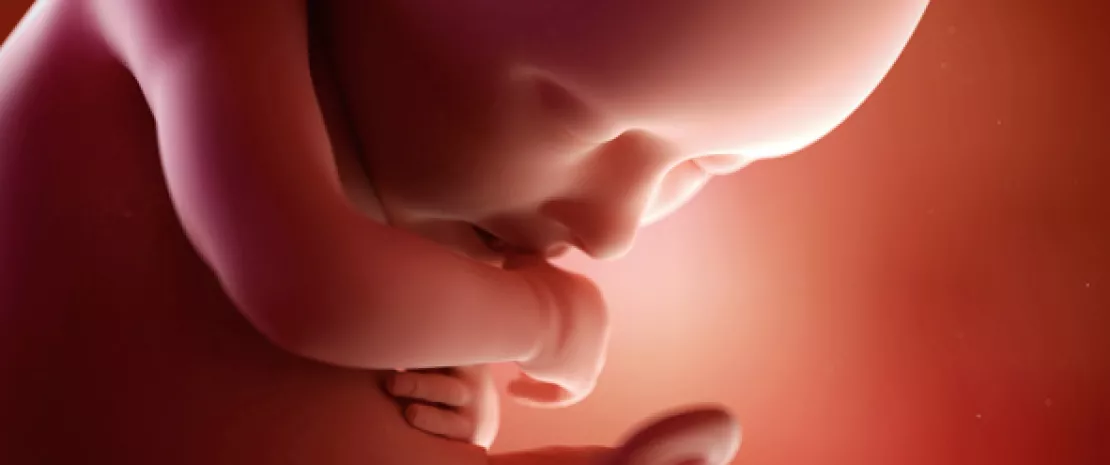Fetal microbiota: the end of a controversy?
A study confirms the presence of a viable fetal microbiota which changes during pregnancy. The identified bacteria and their metabolites come from the uterine environment and could play a role in the development of the immune system.
Lay public section
Find here your dedicated section
Sources
This article is based on scientific information

About this article
The discovery of bacterial DNA in the fetal environment has put an end to the long-term belief that it is sterile. However, a question remains: does the identified DNA come from viable and metabolically active bacteria, originating from the mother? An American team provided an answer by combining studies in humans and mice. First step: Characterizing bacterial populations of mother-child pairs (5 premature babies and 5 born at full term) based on samples extracted post C-section delivery, under optimal sterility conditions. The analysis has made it possible to specify the origin of bacteria found in the child’s mouth and meconium, based on mother’s vaginal, rectal, uterine, placental and amniotic microbiotas. As a result, the existence of a fetal microbiota as soon as 24 weeks of gestation was confirmed. It comes from the uterine environment and is mainly composed of Escherichia and Acinetobacter.
Living bacteria in the fetus...around mid-pregnancy
Second step: in mice, researchers visualized the fetus’ gut flora and observed its viability as well as the frequent changes it undergoes during pregnancy. Their data suggest that in the middle of the gestation period, the fetus is exposed to viable and culturable bacteria of variable maternal origin. On the contrary, at the end of the gestation period, and despite the presence of bacterial DNA mainly of placental and amniotic origin, the samples turned out to be non-culturable. The suggested hypothesis is that the (late) maturation of the immune system leads to the progressive elimination of microorganisms that crossed into the fetal environment.
A viable transmission was confirmed
The team validated its observations on the bacterial transmission during gestation by colonizing the gut of pregnant mice with labeled E. coli, before recovering these viable bacteria in their offspring. All these results make the case for the existence of a fetal microbiota of maternal origin, that changes during pregnancy and is likely to have an impact on the development of the immune system and the constitution of the newborn microbiotas after birth.


